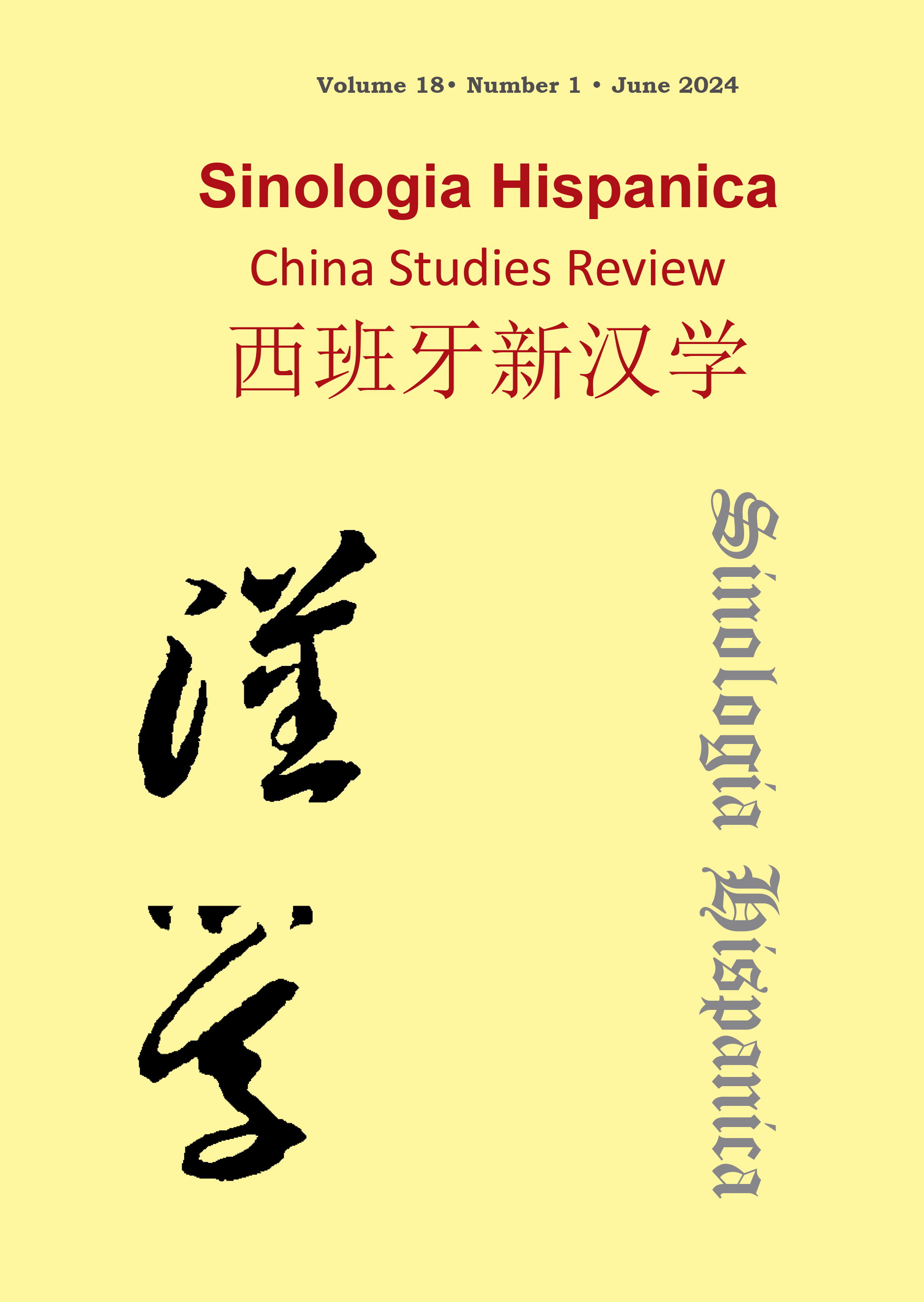ChatGPT as a Conversational Agent in Chinese Language Learning for Spanish Speakers
DOI:
https://doi.org/10.18002/sin.v18i1.8428Keywords:
ChatGPT; International Chinese Language Education; intercultural communication; conversational analysis; artificial intelligenceAbstract
Based on the recent emergence of artificial intelligence such as ChatGPT, this study aims to explore the utilization of this linguistic model in the domain of a second language, specifically Chinese. The objective is to propose novel ideas regarding Chinese language learning strategies within the Spanish-speaking context, with the aim of improving the effectiveness of non-immersive teaching through the incorporation of tools like ChatGPT. Special attention is given to the development of conversational skills and the analysis of ChatGPT's role in communicating with Chinese language learners, evaluating its effectiveness, accuracy, and cultural relevance in communication. The results suggest that ChatGPT has the potential to enhance student motivation for communication, refine the accuracy of instructional content, and effectively address their knowledge requirements in a relatively unbiased manner, which will help to facilitate the amelioration of intercultural barriers.
Downloads
Métricas alternativas
Published
Versions
- 2026-01-22 (6)
- 2024-07-16 (5)
- 2024-07-16 (4)
- 2024-07-16 (3)
- 2024-07-15 (2)
- 2024-07-07 (1)
How to Cite
Issue
Section
License

This work is licensed under a Creative Commons Attribution-NonCommercial-ShareAlike 4.0 International License.
Sinología Hispánica. China Studies Review considers all manuscripts on the strict condition that:
- The authors assign the exploitation rights (reproduction, distribution, public communication and transformation) of the work accepted for publication to the University of León on a non-exclusive basis. Authors can establish, on their own, additional agreements for the non-exclusive distribution of the version of the work published in the journal (for example, placing it in an institutional repository or publishing it in a book), always acknowledging the initial publication. in this magazine.
- The manuscript is your own original work and does not duplicate any other previously published work, including your own previously published work.
- The manuscript is not currently under consideration or peer review, nor accepted for publication, nor in press, nor published elsewhere.
- The manuscript contains nothing that is abusive, defamatory, libellous, obscene, fraudulent, or illegal.
- Please note that Sinologia Hispanica uses Turnitin software to screen manuscripts for unoriginal material. By submitting your manuscript to Sinologia Hispanica you are agreeing to any necessary originality checks your manuscript may have to undergo during the peer-review and production processes. Any author who fails to adhere to the above conditions will be rejected.
- Authors are allowed and encouraged to electronically disseminate the pre-printed versions (version before being evaluated) and / or post-printing (version evaluated and accepted for publication) of their works before publication, since it favors their circulation and dissemination more early and with it, a possible increase in its citation and reach among the academic community.
Sinologia Hispanica is under an international license Creative Commons Attribution-Noncommercial-Share Alike 4.0. You can read more about this license in an informative version and legal text.










